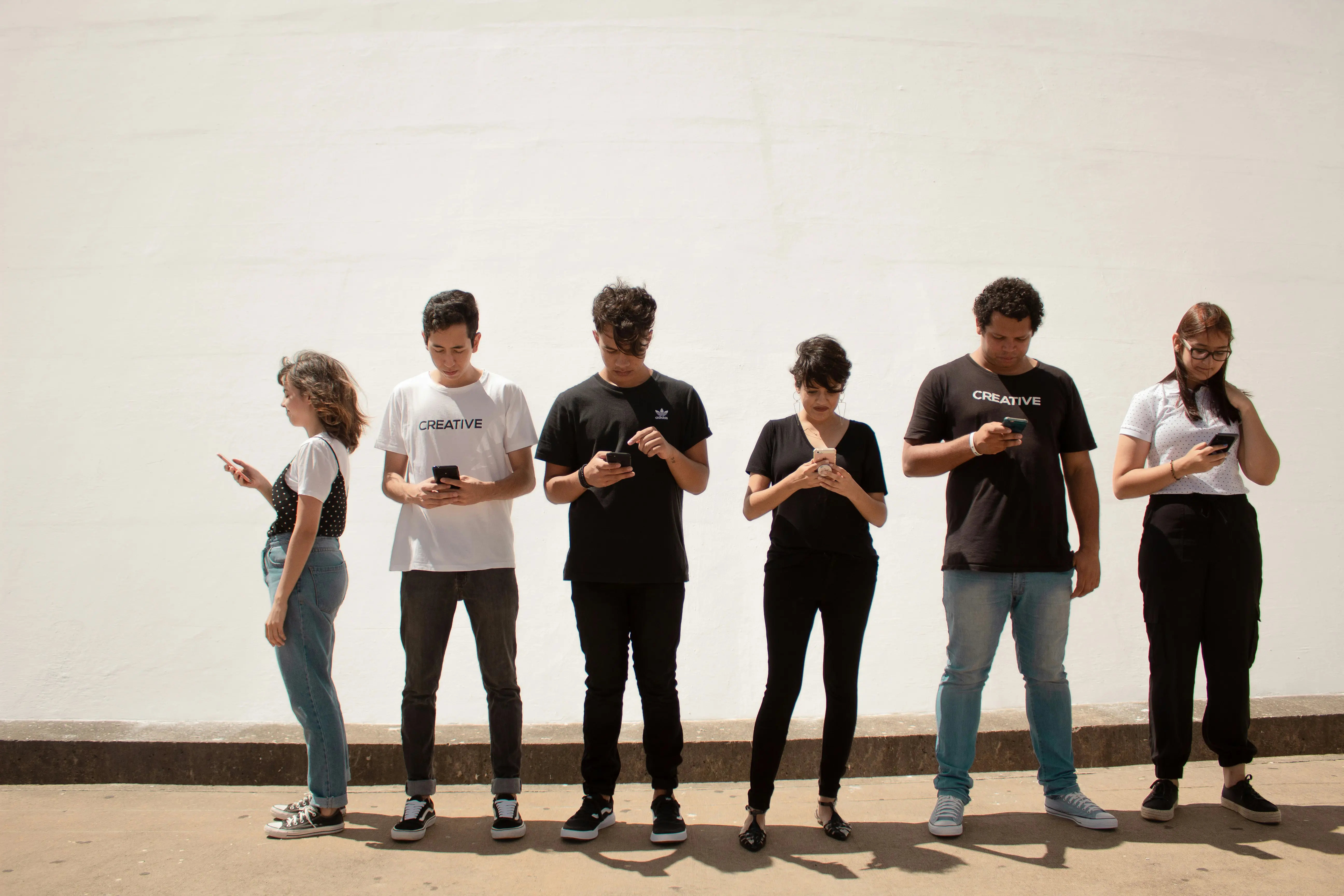Scroll, Swipe, Snack: How Social Media Is Shaping Teen Diets

In a world where social media dominates the daily lives of adolescents, a new study from the University of Queensland has found a concerning link between screen time and diet quality. The findings suggest that the virtual world may be influencing what ends up on dinner plates in the real world, with potentially significant health implications.
As teenagers navigate a digital landscape filled with influencers, advertisements, and peer interactions, their dietary choices are being subtly shaped, often for the worse. The research highlights that frequent social media use is associated with increased consumption of junk food and sugary drinks, while healthier options like fruits and vegetables are left behind. This dietary shift could have long-term impacts on adolescent health, contributing to issues such as obesity and malnutrition.
Dr. Jane Smith, the lead researcher, explains, "Our study shows a clear connection between the amount of time adolescents spend on social media and their dietary preferences. It's not just the ads; it's the entire environment that promotes less healthy food choices."
The study surveyed over 1,000 teenagers, diving into their social media habits and dietary patterns. The results revealed that those who spent more than three hours per day on platforms like Instagram, TikTok, and Snapchat were more likely to consume high-calorie, low-nutrient foods. This trend is partly attributed to the powerful influence of social media advertising and the psychological impact of social comparison with peers.
Interestingly, the research also pointed out that the more time teens spent on social media, the less likely they were to engage in physical activities, compounding the negative health effects. This sedentary lifestyle, coupled with poor dietary habits, raises red flags for parents and educators alike.
So, what can be done to counteract these effects? The researchers suggest that media literacy programs could be a key solution, empowering young people to critically evaluate the content they consume online. Additionally, promoting awareness about the importance of balanced diets and encouraging offline activities could help mitigate some of the negative consequences associated with excessive social media use.
As digital platforms continue to evolve, understanding their impact on our lives, particularly on the younger generation, becomes increasingly crucial. This study is a reminder that while social media can connect us to the world, it's essential to remain mindful of how it influences our daily choices, from what we eat to how we live.